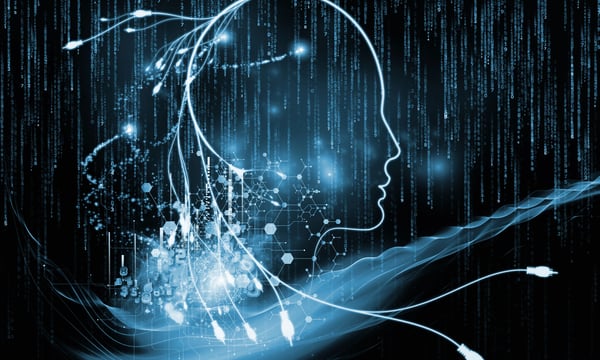What Does the Future Hold for the Development of AI in India?
The potential for AI to be repurposed in new and creative ways is significant. This could lead to advancements in various fields and foster new ideas and approaches to utilizing AI technology. Exploring alternative viewpoints on AI can help broaden our understanding and address ethical and legal concerns. By thinking outside the box, we may uncover untapped potential and possibilities for AI applications. Embracing diverse perspectives can pave the way for a more inclusive and ethically sound future for AI development.

This is the era of artificial intelligence (AI). AI has been making waves across the world because of its potential to revolutionize all aspects of life, from the business and scientific worlds to more mundane and personal activities.
AI Developments in 2025
This year, 2025, began with an announcement from the United States that it would invest $500 billion to fund AI infrastructure. Around the same time, the Chinese startup DeekSeek released an AI model that rivaled the abilities of industry leader, the American ChatGPT, while doing so reportedly at a fraction of the cost. Soon afterward, Europe also released an AI model, Le Chat, which was created by a French company.
India's Position in the AI Revolution
Where does India fit into the emerging AI revolution? While India is a major user of generative AI technology — it is the second largest market for OpenAI, the company that created ChatGPT — it is also behind both the United States and China in many ways. For example, only half a percent of the patents in the world’s AI industry were granted to India between 2010 and 2022, and India’s state-funded AI program is worth only $1 billion. Yet, India has a lot of talent, a thriving computer technology industry, and DeepSeek has proven that not much money is needed to create a functional AI model.
A problem unique to India is that the data necessary for training AI often doesn’t exist in large enough quantities in local languages, as there is generally a dearth of Indian-language content on the internet. This, however, is not insurmountable, as Indian labs have collected audio samples of languages to feed into AI.
Challenges and Opportunities for India in AI Development
There are two ways of thinking about India’s problems with developing AI models. First, the security and technological advantages for a country with its own AI industry are so vital that no country should neglect this field. Alternatively, at what point does it become pointless to reinvent the wheel?
India should continue to develop its own models, particularly those that interact with Indians in Indian languages. Indian developers have better access to local language content than people from the U.S. or China. It would be foolish from a security perspective for India, an aspiring great power, to lack the ability or technology to develop its own AI models.
India probably has a greater advantage in pioneering the use of AI for secondary tasks, such as using AI to solve chronic, basic problems in areas like education, judicial work, and healthcare.
Legal Perspectives on AI in India
Another way that India may influence the emerging AI discourse is in regards to the legal status and rights of AI. Indian law may provide an alternative one day because it is open to recognizing non-human litigants. Indian law is unique in that it recognizes deities as juristic persons: “like a human being or a corporation, Hindu temple deities can participate in litigation, incur financial obligations, and own property.”
State courts in India have also recognized the legal personhood of animals, rivers, and glaciers. The Indian philosophical tradition has always suggested the personhood and presence of souls in nonhuman entities. It is not so far-fetched that India will be among the first places to recognize the personhood of AI models, especially as AI approaches that point of artificial general intelligence (AGI), the point at which AI surpasses human capabilities, and may, in some sense, develop true autonomy and independent abilities, as well as self-awareness.
India may well end up playing an interesting role in the emerging AI revolution. While it might not be at the immediate forefront of developing AI models, such as ChatGPT and DeepSeek, it can pioneer many innovative secondary uses of AI as well as alternative legal and philosophical perspectives on the technology.

